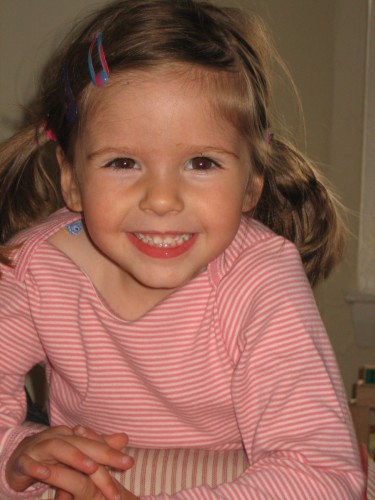

These photos were taken 10 years ago last week. Do I feel heartbreak when I look at them? Absolutely.
I’ve been listening to Krista Tippett’s marvelous On Being podcasts when I run. Most recently, I heard her interview David Whyte. It was this assertion that struck me, more than any other:
An elegy … is always a conversation between grief and celebration.
I heard this and stopped in my tracks. Yes. This is my life at its core.
Whyte goes on to say this:
This is another delusion we have that we can get — take a sincere path in life without having our heart broken. And you think about the path of parenting, there’s never been a mother or father since the beginning of time who hasn’t had their heart broken by their children. And nothing traumatic has to happen. All they have to do is grow up.
I shared a photo on Instagram a week or so ago in which I quoted from Hope Jahren’s beautiful Lab Girl. “I have learned that raising a child is essentially one long agony of letting go.” Some of the responses made me feel gloomy and maudlin. Is life as a parent an agony to me on a daily basis? Absolutely not at all. Is the letting go that is at the core of parenting an agony to me? Truthfully? Yes. Every single day.
Parenting, and life itself, is a conversation between grief and celebration. For me. I’ve described parenting as “an endless alleluia and a constant goodbye,” but naturally Whyte finds more powerful, beautiful language to share the same emotion. Grief and celebration, intertwined, inextricable, throwing both light and shadow into the corners of every day. Indeed, indeed.
I know for sure that my journey through this life is limed with heartbreak, and it’s reassuring in a deep, being-seen way to hear David Whyte say that that’s true for all of us on the “sincere path.” Elegy has long been one of my favorite words (I described my work in an old proposal as an elegy for what was and a celebration of what is). In David Whyte’s hands it takes on even more nuanced meaning.
Do I wish I could live in way that involved less darkness, less grief, less heartbreak? Yes, I do. But the fact is I just don’t think I can. At 41 I’m learning all the things that cannot change, and my fundamental orientation towards the world – open, aware, porous, sensitive – is one of them. I’m heartened and reassured by Whyte’s words, and they make me feel less alone. Which is, of course, the highest praise that writing can garner, in my opinion.
The conversation between grief and celebration goes on.


